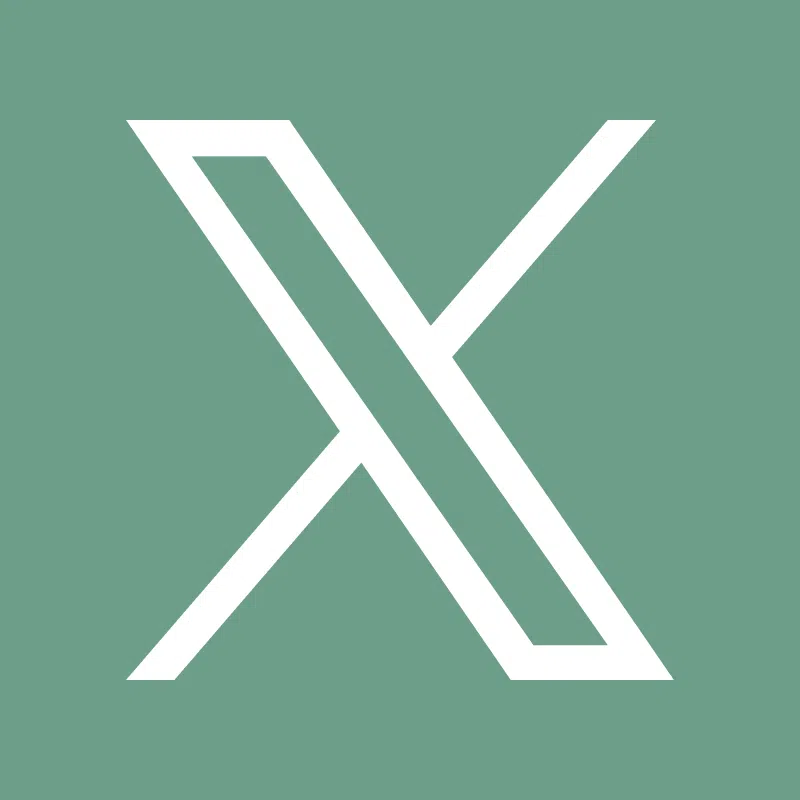Closure of English and Scottish waters to sandeel fishing provides a lifeline for North Sea seabirds

Seabirds will have the chance to recuperate their declining populations again.
By Daniel Mitchell
The announcements by the UK and the Scottish Governments that industrial sandeel fishing will no longer be permitted in English and Scottish waters is a crucial step towards safeguarding seabird populations and rebuilding the resilience of the North Sea ecosystem.
Despite their small size, sandeels are highly nutritious and a much sought-after meal. Iconic seabirds such as the Black-legged kittiwake (Rissa tridactyla), the Atlantic puffin (Fratercula arctica), and the Common guillemot (Uria aalge), marine mammals such as the Minke whale, the Harbour porpoise, and the Harbour seal, and even certain commercial fish species such as cod and haddock, all rely on this valuable fish.
This measure comes at a critical time. OSPAR’s authoritative Quality Status Report, released towards the end of 2023, highlighted the poor state of seabird populations across the North East Atlantic. [1] Seabirds that feed near the surface are faring worse, with climate change and fishing primarily responsible for reducing the availability of food.
Vessels fishing for sandeel in the North Sea target the same areas used by breeding seabirds, creating direct competition that makes it harder for these birds to find sufficient food to support themselves and to raise their growing chicks. The competition for food also makes these seabird populations less able to cope with the myriad of other pressures to which they are exposed such as climate change, offshore renewable expansion, and avian flu.
Recent scientific advice recognised that the annually set sandeel quotas in the North Sea cannot ensure that enough fish remains available for marine species that depend on them. It highlighted the need for national management measures, noting in particular the needs of breeding seabirds which depend on food availability within proximity to their breeding colonies. Moreover, OSPAR Contracting Parties, including the EU, have committed to take urgent action to halt the decline of seabirds across the North East Atlantic in the current OSPAR Strategy. [2]
The UK’s progressive action to secure seabird’s food source is an important contribution to this end and it is incumbent on the EU and its Member States to support this. As seabirds know no borders, it is also essential that the EU and its Member States implement the necessary complementary measures within their own waters.
[1] OSPAR is an international convention through which 15 Governments & the EU cooperate to protect the marine environment of the North-East Atlantic.
[2] North-East Atlantic Environment Strategy (NEAES) 2030 (available at https://www.ospar.org/documents?v=46337)
Cover photo: ©James West

Lesser sandeel. Sandeels are nocturnal and typically spend all day covered in the sand. Photo: ©Yves Adams

Common guillemot (Uria aalge) eating their lunch. Photo: ©Piotr Poznan
 | Stichting BirdLife Europe gratefully acknowledges financial support from the European Commission. All content and opinions expressed on these pages are solely those of Stichting BirdLife Europe. The European Commission is not responsible for any use that may be made of the information it contains. |






